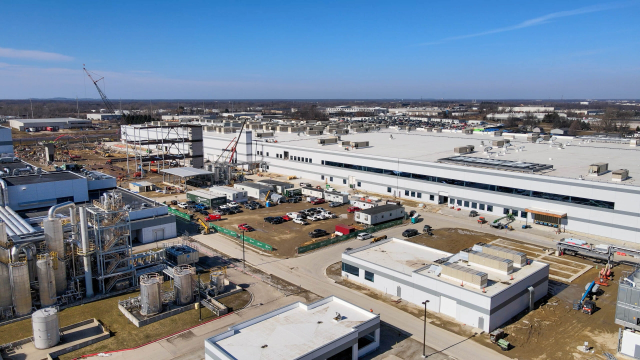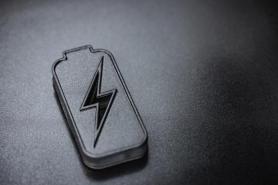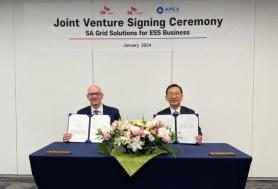
SEOUL, September 01 (AJP) - The United States plans to sharply raise tariffs on Chinese-made energy storage system batteries, a move that could reshape the fast-growing American clean energy market and give South Korea’s battery makers an opening to expand.
The Commerce Department said tariffs on Chinese ESS batteries, already steep at 40.9 percent, will climb to 58.4 percent in 2026. The increase stems largely from Section 301 trade penalties, which will rise from 7.5 percent to 25 percent, layered on top of basic import duties, reciprocal tariffs and a 20 percent surcharge linked to fentanyl trafficking.
The higher levies are expected to erase China’s long-standing price advantage.
Industry analysts estimate that lithium iron phosphate, or LFP, battery cells shipped from China to the United States will cost about $87 per kilowatt-hour next year, up from roughly $73 last year. That would put them on par with the $85 to $90 charged by South Korean producers operating in the United States.
Seoul’s battery makers are moving quickly to seize the opportunity.
LG Energy Solution began mass production of LFP batteries for energy storage at its Michigan plant in June and reported a U.S. order backlog exceeding 50 gigawatt-hours. The company plans to nearly double its domestic ESS production capacity to 30 gigawatt-hours next year.
Samsung SDI is preparing to start ESS battery production by year’s end and add LFP capacity in the second half of 2026.
SK On, meanwhile, is retooling its Georgia plant, SK Battery America, to produce storage batteries while reserving its joint venture facilities for electric vehicle cells.
The U.S. administration’s Advanced Manufacturing Production Credit, which provides tax breaks to U.S.-based clean energy manufacturers, further tilts the playing field toward Korean companies. Chinese producers have limited access to the subsidy.
For South Korea’s big three battery makers, energy storage represents a critical hedge.
Demand for EV batteries has slowed, and federal subsidies for electric vehicle purchases are scheduled to expire at the end of September under the One Big Beautiful Bill Act, a shift that could further weaken the market.
Copyright ⓒ Aju Press All rights reserved.


![[K-Tech] S. Korea selects 8 ESS sites totaling 563MW to support renewable energy expansion](https://image.ajunews.com/content/image/2025/08/01/20250801135916920591_278_163.jpg)
